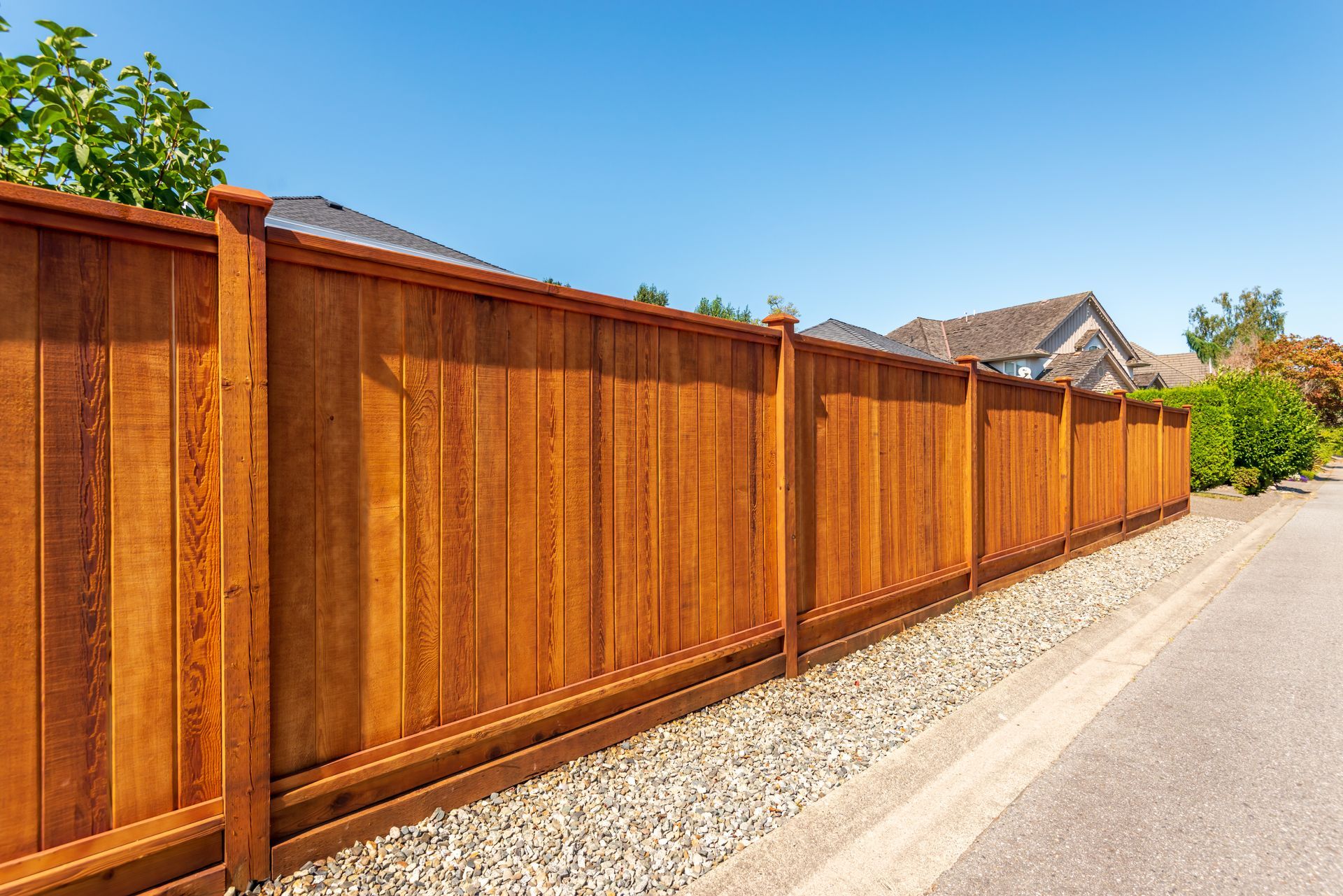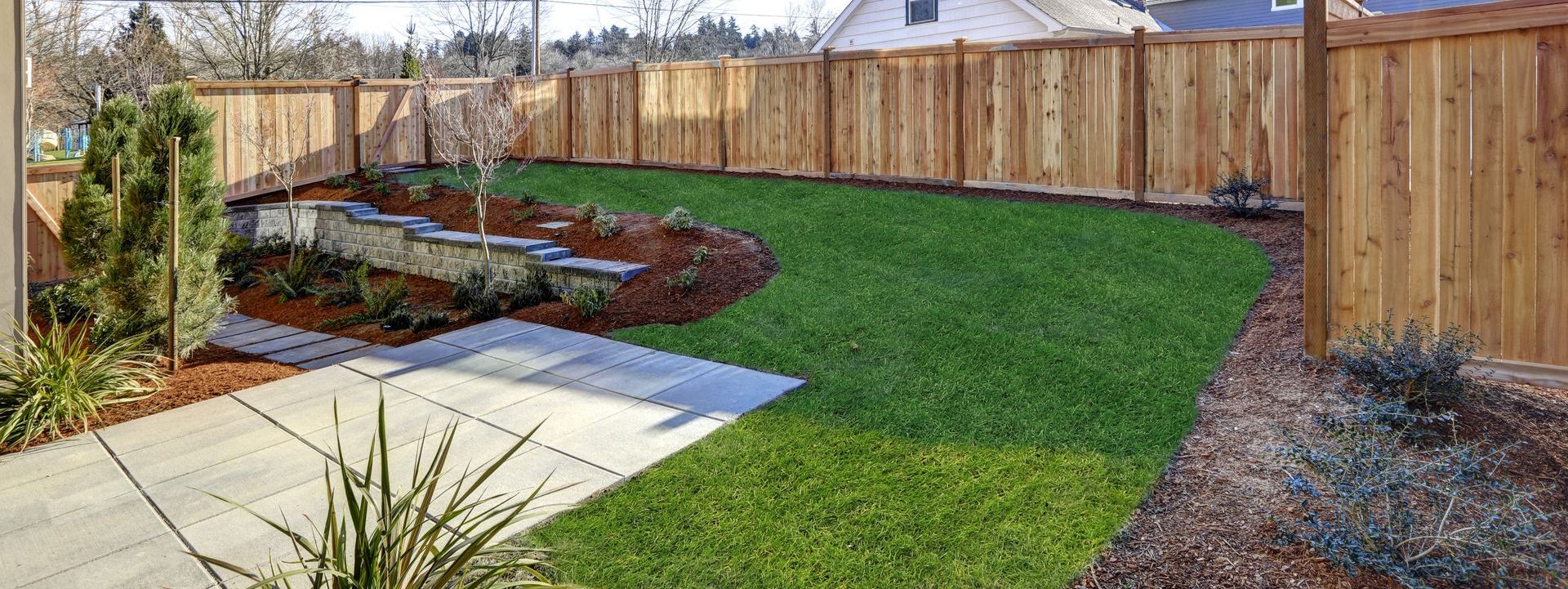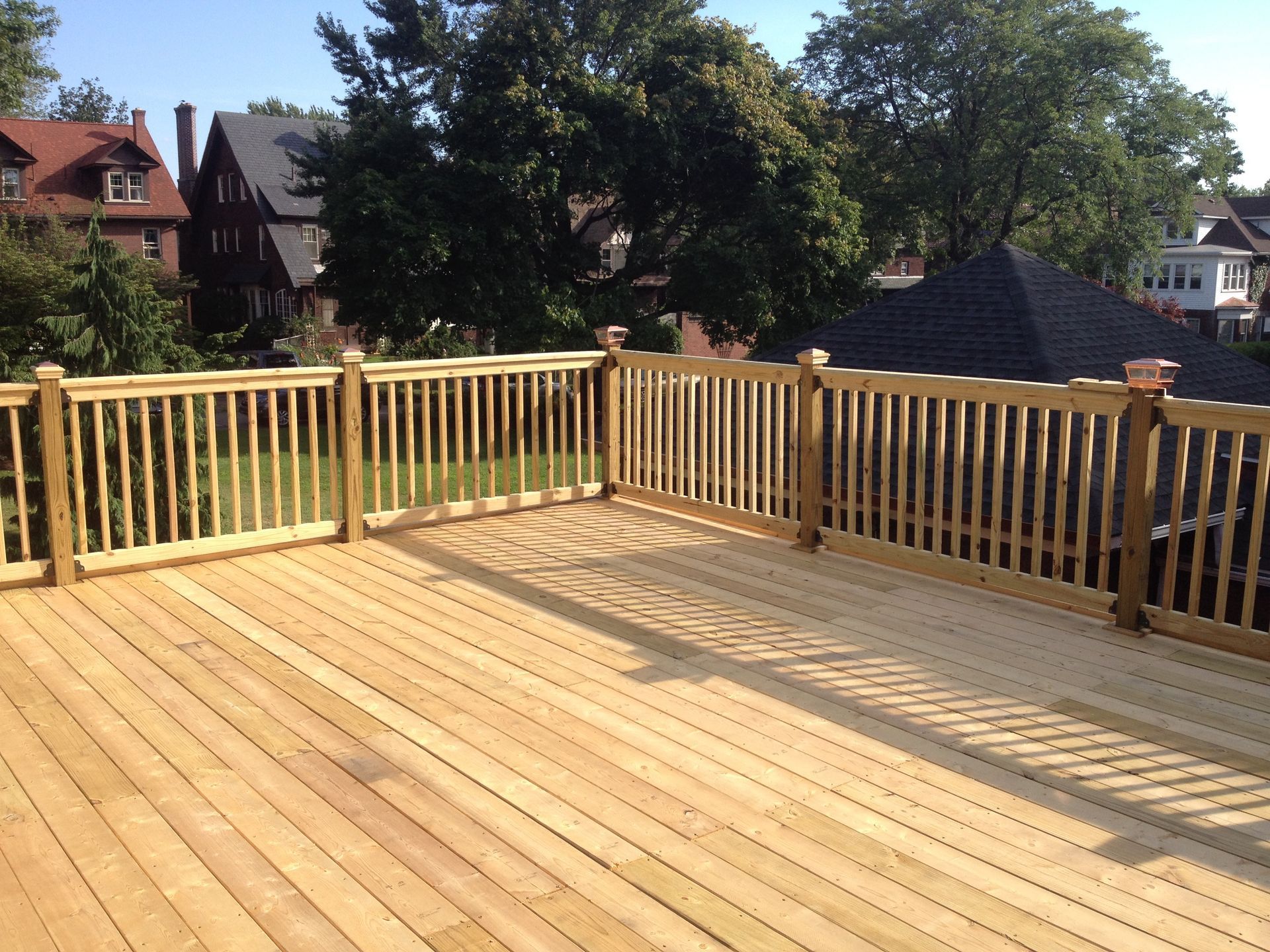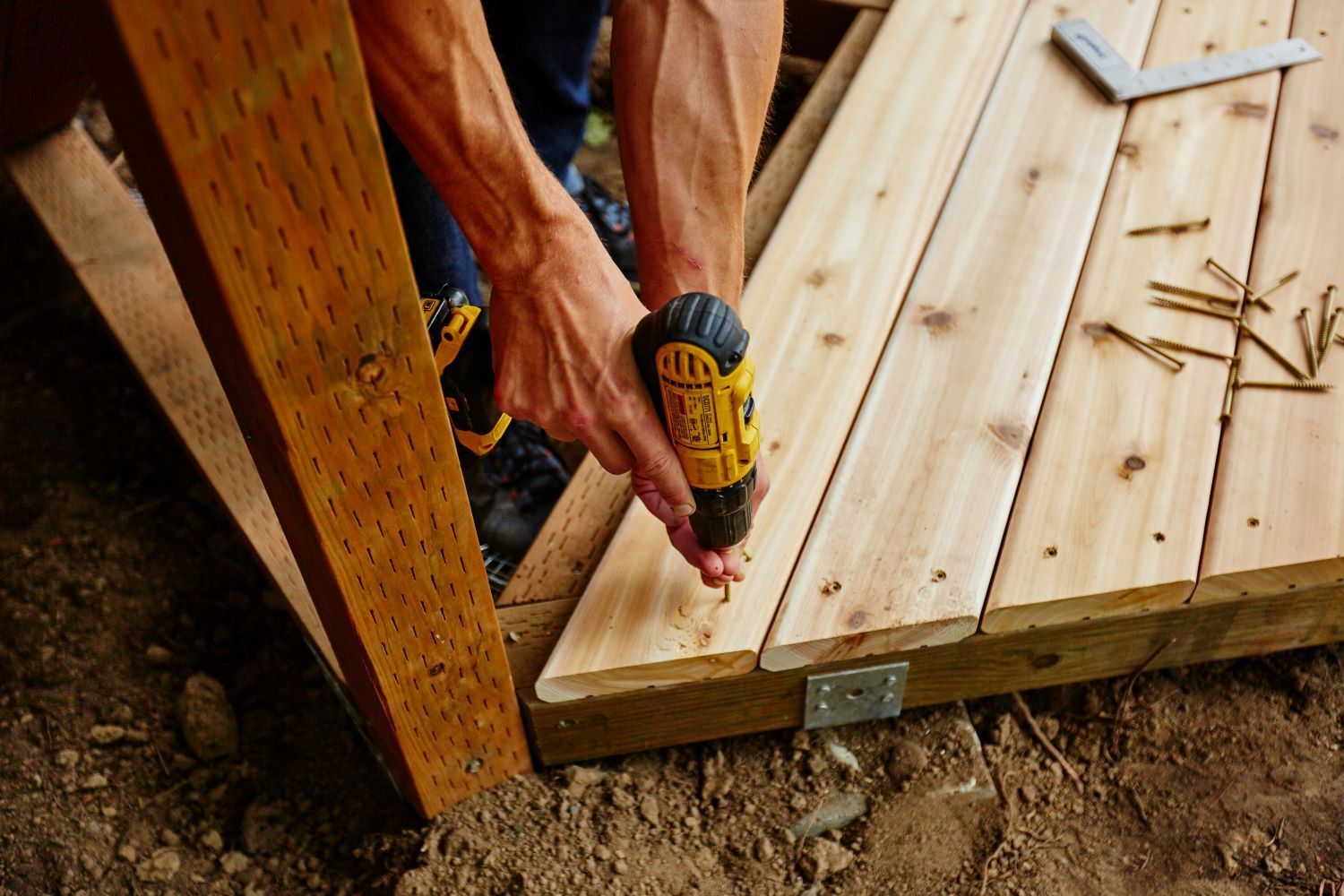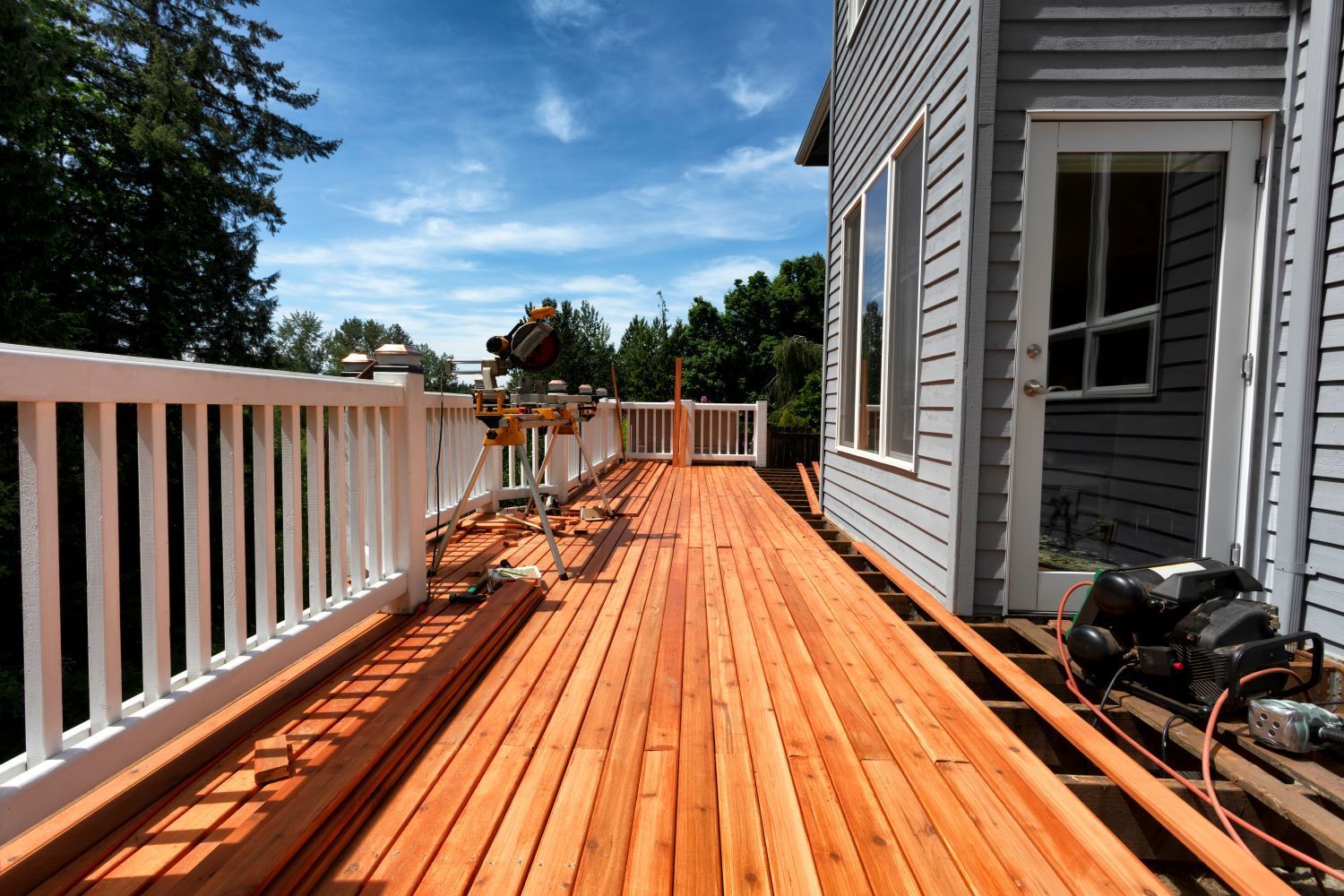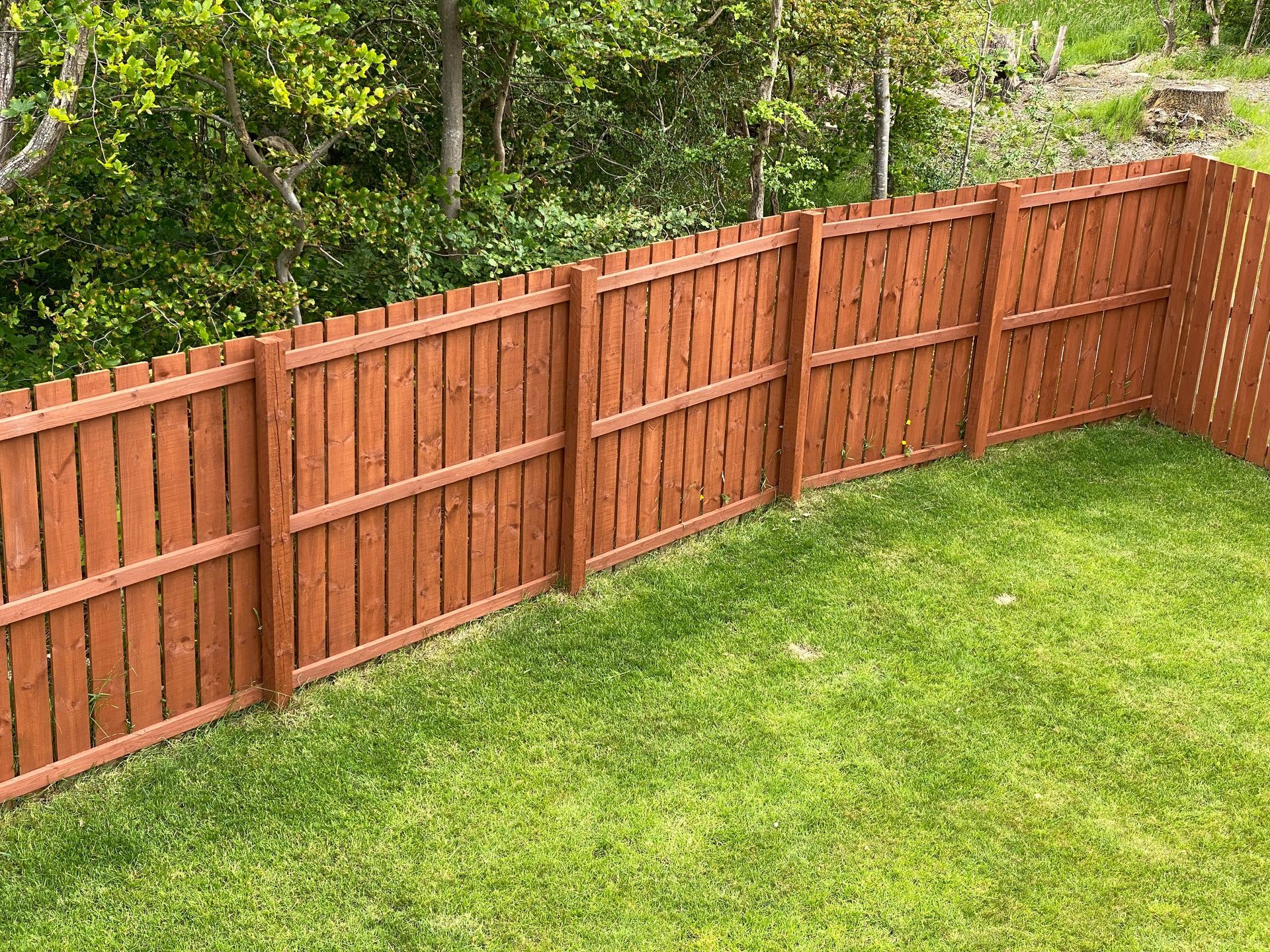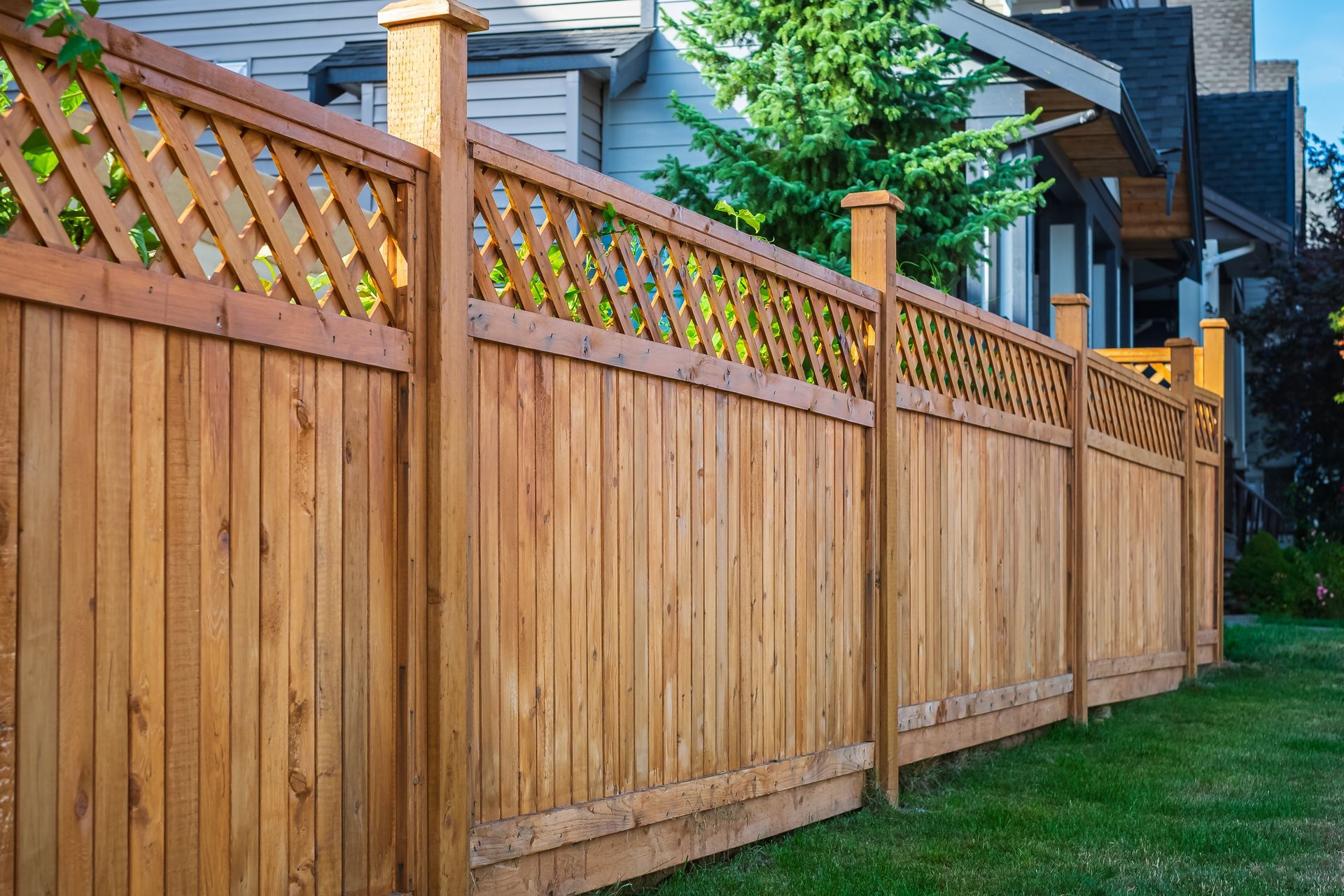Essential Tips for Preparing Your Property for Fence Installation
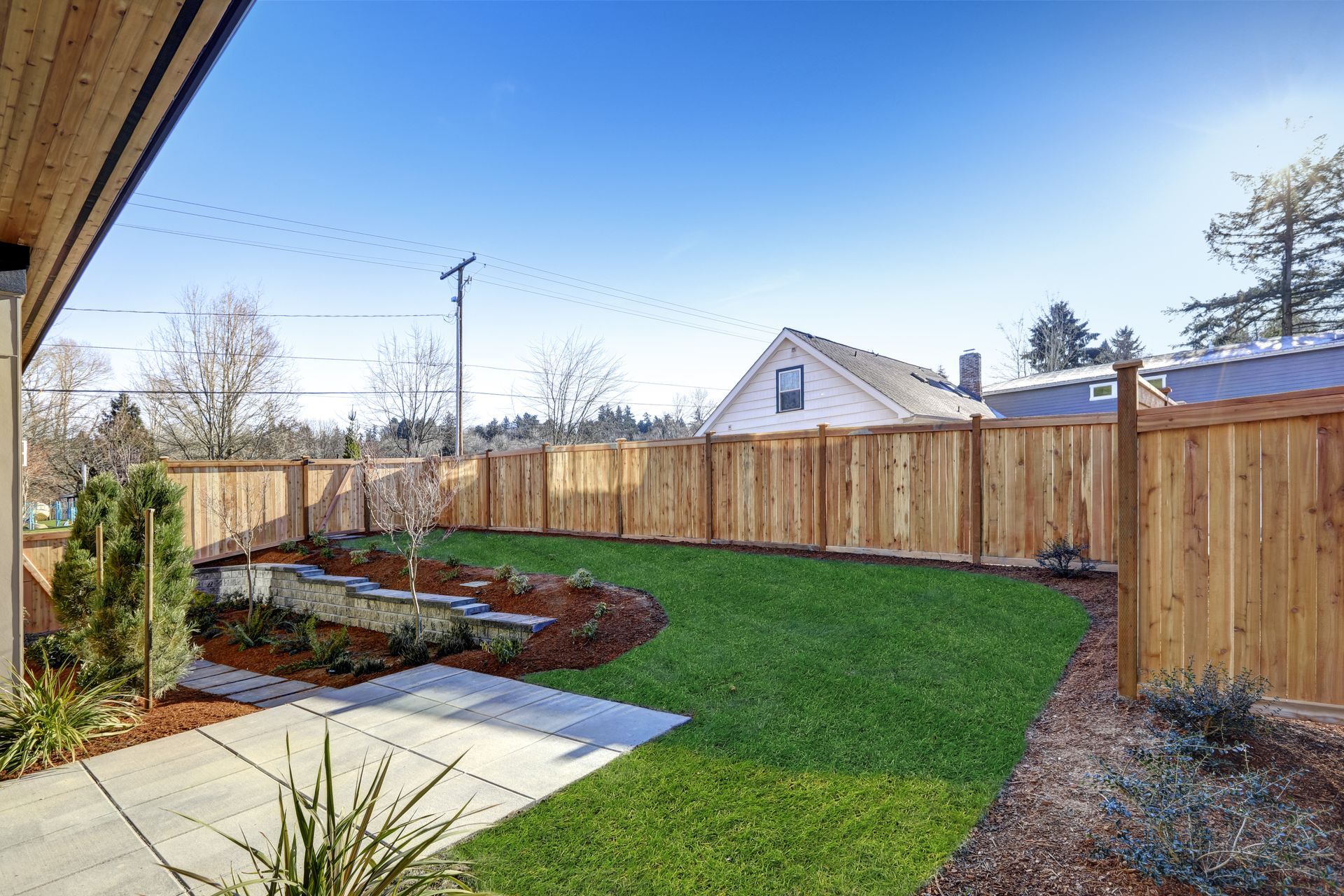
Fence installation is an exciting project that can enhance your property's security, privacy, and aesthetic appeal. However, before you dive into the installation process, it's essential to properly prepare your property to ensure a smooth and successful project. Here are some valuable tips to help you get started:
1. Determine Property Lines:
Before installing a fence, it's crucial to determine the exact location of your property lines to avoid encroaching on neighboring properties. Review your property survey or consult with a surveyor to accurately identify boundaries.
2. Check Local Regulations:
Familiarize yourself with local zoning regulations, homeowner association rules, and building codes regarding fence height, material, and placement. Obtain any necessary permits or approvals before proceeding with the installation.
3. Communicate with Neighbors:
If your fence will be installed along property lines shared with neighbors, it's courteous to inform them of your plans beforehand. Discussing the project with neighbors can help address any concerns and ensure cooperation during the installation process.
4. Choose the Right Fence Style:
Consider your property's architectural style, landscaping, and intended purpose when selecting a fence style. Whether you prefer a classic wooden picket fence, a modern aluminum panel fence, or a decorative wrought iron fence, choose a design that complements your home and meets your needs.
5. Prepare the Installation Site:
Clear the installation site of any obstacles, such as vegetation, rocks, or debris, to provide unobstructed access for the installation crew. Trim back overhanging branches or bushes that may interfere with the fence line.
6. Mark Fence Post Locations:
Use stakes and string to mark the locations of fence posts along the proposed fence line. Ensure that the spacing between posts is consistent and follows the manufacturer's recommendations for the chosen fence style.
7. Consider Underground Utilities:
Before digging holes for fence posts, contact local utility companies to locate underground utilities, such as gas lines, water pipes, and electrical cables. Avoid digging in areas with buried utilities to prevent damage and ensure safety.
8. Prepare for Weather Conditions:
Keep an eye on weather forecasts and plan the installation accordingly. Avoid scheduling fence installation during periods of heavy rain, strong winds, or extreme temperatures, as these conditions can impede progress and compromise the quality of the installation.
9. Hire a Professional Fence Contractor:
While DIY fence installation may seem tempting, hiring a professional fence contractor ensures quality workmanship, adherence to local regulations, and timely completion of the project. Choose a reputable and experienced contractor like Deck and Fence London to handle your fence installation needs.
By following these tips and properly preparing your property for fence installation, you can ensure a seamless and successful project that enhances the beauty, security, and value of your home. Contact Deck and Fence London today to discuss your fence installation project and schedule a consultation with our experienced team.
